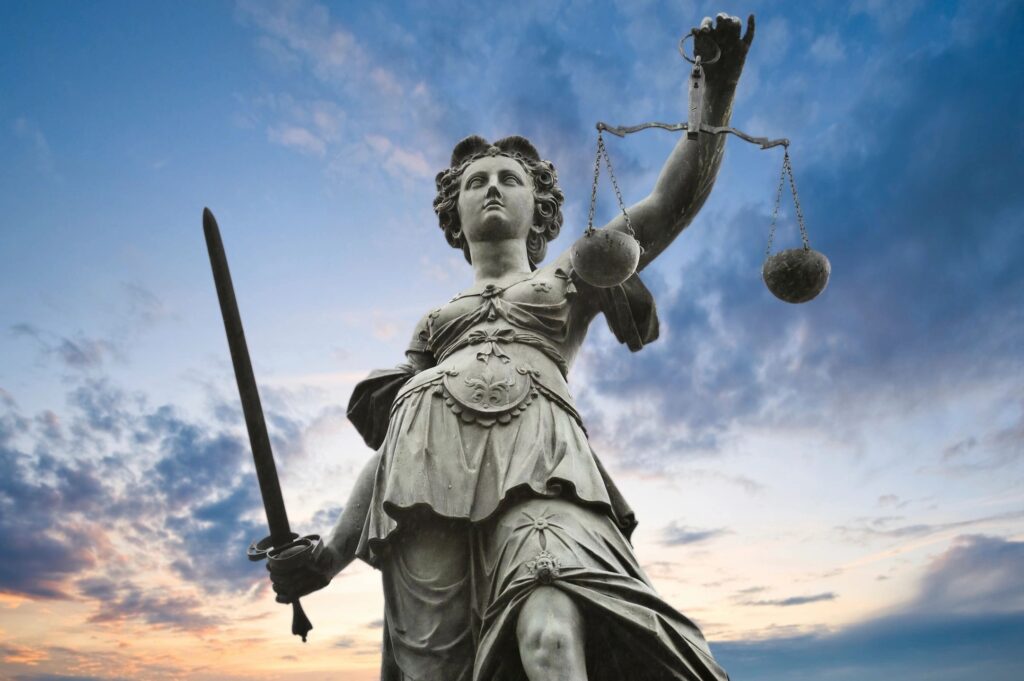Presidents’ Day and Lawyers
Presidents’ Day, celebrated on the third Monday of February in the United States, is a federal holiday that pays tribute to all past U.S. Presidents and their contributions to the nation’s history and governance. This holiday also acknowledges presidents who had legal backgrounds and studied law before entering the political arena. The legal expertise of these presidents often influenced their leadership styles and decision-making processes during their time in office.

Lawyer-presidents, such as Thomas Jefferson and Franklin D. Roosevelt, brought a unique perspective to their presidencies due to their legal training. For example, Thomas Jefferson, the principal author of the Declaration of Independence, utilized his legal acumen to advocate for individual rights and democratic principles. Furthermore, Franklin D. Roosevelt’s legal background played a crucial role in shaping his New Deal policies, which aimed to alleviate the economic hardships of the Great Depression through legislative reforms and government intervention. These instances underscore how the legal foundations of lawyer-presidents influenced their approaches to governance and policy-making.
Moreover, the legal backgrounds of lawyer-presidents allowed them to engage with complex legal issues both domestically and internationally. For instance, Bill Clinton, a lawyer-president, navigated legal challenges such as the impeachment process during his presidency with a nuanced understanding of legal procedures and constitutional principles. This ability to interpret and apply the law effectively in times of crisis showcases the significant impact that lawyer-presidents have had on the legal landscape of the United States.
US Presidents Who Were Lawyers
Numerous U.S. presidents had legal careers before entering office, with Thomas Jefferson, Franklin D. Roosevelt, and Bill Clinton being notable examples. Thomas Jefferson, a skilled lawyer, helped draft the Declaration of Independence and later served as the third President of the United States. Franklin D. Roosevelt, a Harvard Law School graduate, practiced law before his presidency, where his legal background informed his New Deal policies during the Great Depression. Bill Clinton, a lawyer from Yale Law School, utilized his legal expertise to navigate political challenges and enact significant reforms during his time in office.
These lawyer-presidents brought a unique perspective to governance due to their legal training, allowing them to engage with complex legal issues effectively. For instance, Thomas Jefferson’s legal acumen contributed to the principles of liberty and equality in the founding documents of the United States. Franklin D. Roosevelt’s understanding of law played a crucial role in shaping his policies aimed at economic recovery and social welfare. Similarly, Bill Clinton’s legal background influenced his administration’s focus on issues such as healthcare reform and economic growth, showcasing the impact of legal expertise on presidential decision-making.
Impact of Legal Background on Presidential Leadership
The legal training of lawyer-presidents significantly influenced their leadership styles and decision-making processes throughout their terms in office. For example, Abraham Lincoln’s legal acumen allowed him to strategically approach governance, evident in his careful selection of lawyers for key cabinet positions. By surrounding himself with legal experts, Lincoln demonstrated a commitment to leveraging legal knowledge in shaping policies and addressing national crises. Similarly, Barack Obama’s background as a constitutional law professor equipped him with a nuanced understanding of legal intricacies, enabling him to navigate complex legal challenges during his presidency.
Moreover, lawyer-presidents like Thomas Jefferson and Franklin D. Roosevelt harnessed their legal backgrounds to enhance their roles as chief executives. Jefferson’s legal expertise guided his efforts in expanding the nation through the Louisiana Purchase, showcasing how legal acumen influenced significant historical events. Roosevelt’s legal training equipped him to implement groundbreaking policies such as the New Deal, illustrating how lawyer-presidents leveraged their legal knowledge to drive impactful change. The legal foundations of these presidents not only shaped their governance but also influenced their ability to address societal issues and uphold the principles of democracy.

Notable Achievements of Lawyer-Presidents
Lawyer-presidents in the United States have made indelible marks on American society through their legal expertise and leadership. These presidents have been instrumental in implementing legal reforms, championing landmark court decisions, and spearheading transformative policy initiatives that have shaped the nation’s history. For instance, President Franklin D. Roosevelt, a lawyer by profession, introduced the New Deal programs during the Great Depression, revolutionizing the government’s role in the economy and social welfare.
Moreover, lawyer-presidents have demonstrated their commitment to social justice and equality through their actions. An exemplar of this is President Barack Obama, who, with a background in law, signed the Affordable Care Act into law, expanding healthcare coverage to millions of Americans. Obama’s legal training enabled him to navigate the complexities of healthcare legislation and advocate for accessible and affordable healthcare for all citizens, leaving a lasting impact on the nation’s healthcare system and underscoring the significance of lawyer-presidents in advancing societal welfare.
Role of Lawyer-Presidents in Legal History
The contributions of lawyer-presidents to legal history are profound and far-reaching, with individuals like John Quincy Adams and James Polk exemplifying the intersection of law and governance. Before ascending to the presidency, Adams, a Harvard-educated lawyer, was known for his involvement in high-profile legal cases and his tenure as a U.S. diplomat in various European countries. This legal background not only shaped his approach to policy-making but also influenced his advocacy for legal reforms during his presidency.
Similarly, James Polk, who practiced law in Tennessee, leveraged his legal expertise to navigate complex territorial disputes and negotiations during his presidency. His legal acumen played a pivotal role in the resolution of the Oregon boundary conflict and the successful conclusion of the Mexican-American War. By applying legal reasoning to diplomatic challenges, Polk exemplified how lawyer-presidents could effectively manage international affairs while upholding legal principles. Furthermore, the legal legacies of Adams and Polk extended beyond their presidential terms, setting precedents for future leaders in balancing legal considerations with executive decision-making, thus shaping the course of American legal history.
Abraham Lincoln’s Legal Legacy
Abraham Lincoln’s legal legacy extends far beyond his presidency, showcasing his profound impact on American jurisprudence. With a career that spanned over 5,100 cases, Lincoln’s dedication to the legal profession was unparalleled. His experience in law not only honed his critical thinking skills but also influenced his strategic governance approach. For instance, Lincoln’s deliberate selection of lawyers for crucial cabinet positions highlighted his recognition of the importance of legal expertise in decision-making processes within his administration.
Moreover, one of the most iconic examples of Lincoln’s legal acumen was his meticulous crafting of the Emancipation Proclamation. This historic document, issued during the Civil War, marked a pivotal moment in American history by declaring the freedom of all enslaved individuals in Confederate territory. Lincoln’s legal background played a crucial role in the formulation of this groundbreaking proclamation, emphasizing his commitment to justice and equality. By leveraging his legal expertise to address one of the most pressing social justice issues of his time, Lincoln solidified his reputation as a transformative leader whose legacy continues to resonate in the legal and political landscape of the United States.